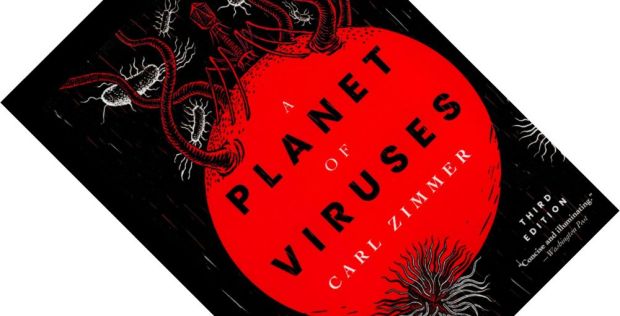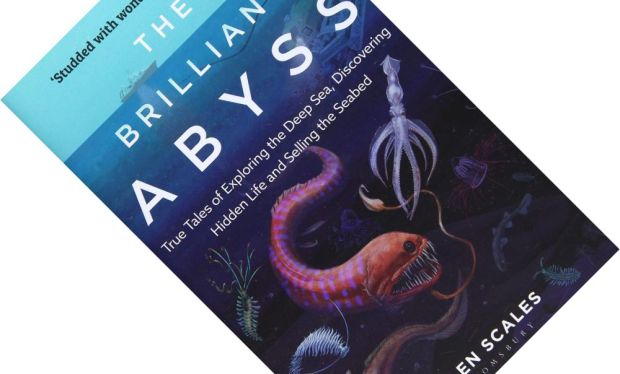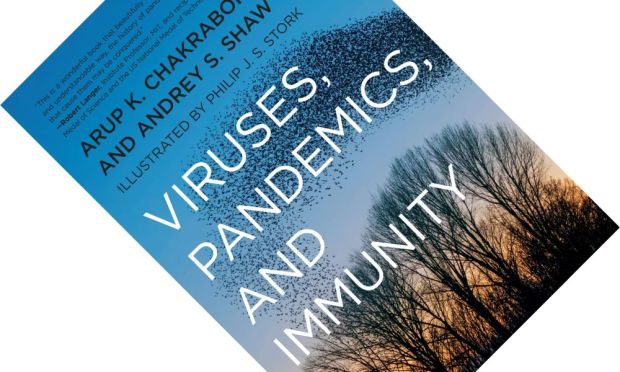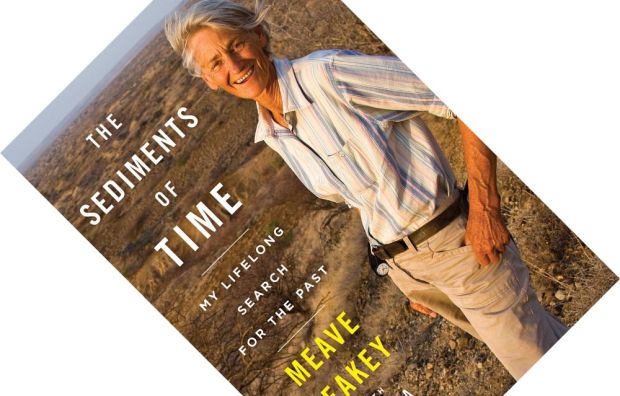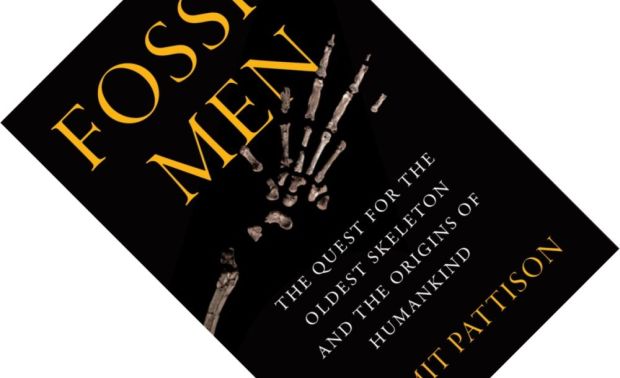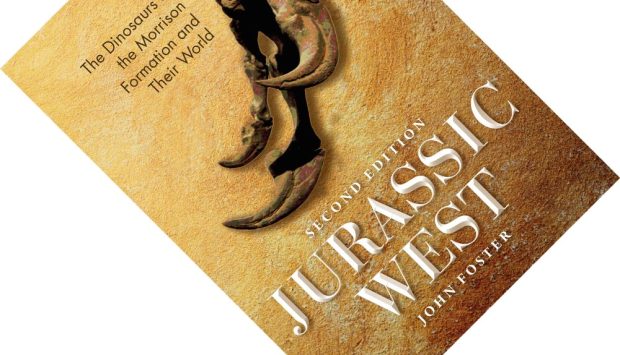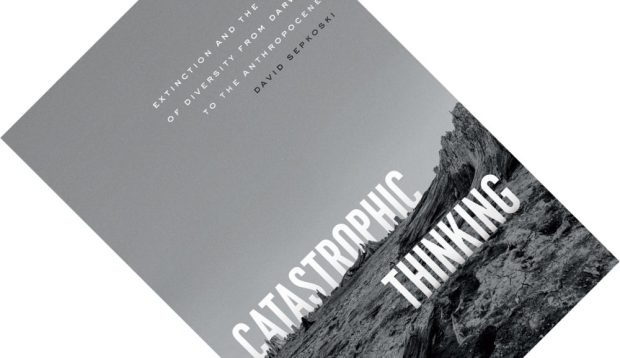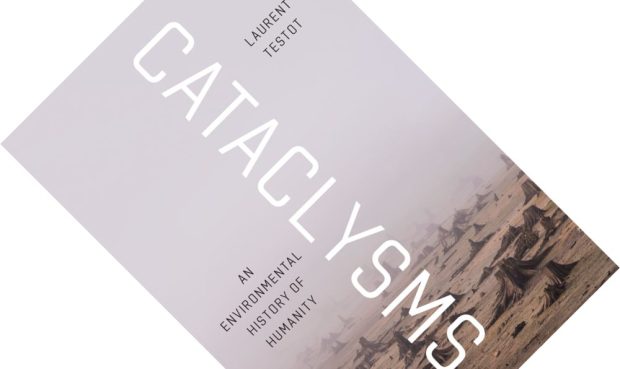6-minute read
When I recently reviewed The Real Planet of the Apes, I casually wrote how that book dealt with the evolution of Old Work monkeys and apes, ignoring New World monkeys which went off on their own evolutionary experiment in South America. But that did leave me wondering. Those New World monkeys, what did they get up to then? Here, primatologist Alfred L. Rosenberger provides a comprehensive and incredibly accessible book that showed these monkeys to be far more fascinating than I imagined.



